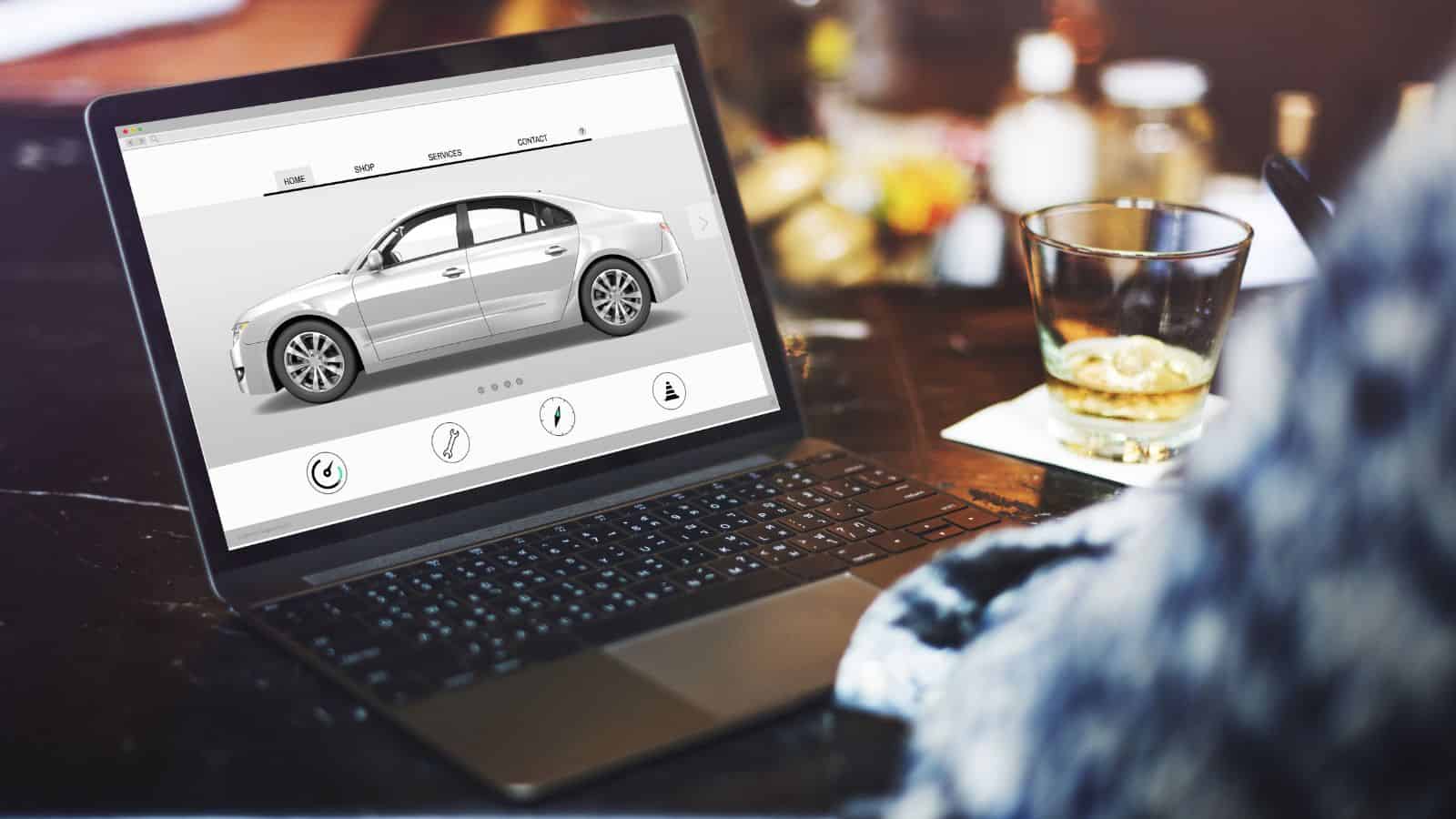Buying a new car can be exciting, but it can also be stressful and overwhelming, particularly if you don’t know much about the process or are clueless about mechanics. Car salespeople are there to guide you through the process, but they also have a vested interest in making a sale. Here are 18 secrets about car sales and tactics that may help you get the best deal.
They Make Money on Markup

A car’s sticker price tends not to be the actual selling price, so feel free to haggle. Be aware that car dealerships have a built-in markup on each vehicle, which is the difference between what they pay the manufacturer and the sticker price. The sale commission is a percentage of this markup, so the salesperson has a financial incentive to push the price as high as possible.
They’re Trained in Negotiation

According to LinkedIn, most dealerships hire professional negotiation trainers to train their sales staff in negotiation tactics. They learn how to read your body language, identify your buying signals, and counter your objections before you raise them! They often use tricks like mirroring your emotions (to gain trust) or create a sense of urgency to force you into a quick decision.
Some Fees Are Hidden

The advertised price of a car may not include all the fees you’ll end up paying, so make sure you get a written breakdown of the total cost, including any extras like taxes, registration fees, and destination charges. A salesperson may downplay these fees or try to sneak them in at the last minute, so make sure you get a transparent final figure before signing anything.
Playing “Good Guy vs. Bad Guy”

This is a classic tactic where a salesperson acts friendly and helpful while a manager plays the role of the “bad guy” who is unwilling to budge on price. The salesperson then swoops in and “fights” for you, eventually getting the manager to “approve” a slightly lower price. This is all a performance; the salesperson and manager are probably working together to manipulate you!
They Downplay Existing Problems

If a car has any existing problems, a salesperson may try to downplay them by assuring you they’re minor and easily fixed. They may also rush you through the test drive to prevent you from noticing any issues and be dismissive when you attempt to clarify details, like the origin of a strange noise or the absence of certain documents. If you can’t perform a thorough inspection, always walk away.
Unnecessary Extras

Car dealerships often make a significant profit on add-ons like extended warranties, paint protection packages, and window tinting. Bankrate advises you to “stick to your budget and not be swayed by add-ons or extras the salesperson offers.” Don’t feel obligated or pressured to spend more on extras unless you’re 100% sure that they’re necessary and well-priced.
Targeting Your Emotions

All salespeople attempt to build a rapport with the customer, making them feel comfortable and respected. But be warned—they’re often adept at appealing to your specific needs and feelings, like touting safety equipment if you have small children. They might insist that the car is perfect for your family or give specific examples of how it suits you (which may or may not apply!).
Rushing You

Making a big decision, like how much money to spend and which car to buy, takes time and critical thinking, so don’t let a salesperson rush you through the buying process. They may claim that they have other people interested or that the price is only reduced for a limited time, but don’t be fooled. Don’t feel pressured to decide quickly, especially if you have doubts.
They Track Your Online Activity

Nowadays, many dealerships can track your online activity, such as the cars you’ve been researching on their website or other car sale sites, and even which reviews you’ve watched on YouTube! This allows them to target you with specific offers and gives them clues about your budget, interests, and preferred models, which can give them more power over you.
Confusing Terminology

If you don’t know what something means, ask for a clear explanation, and don’t let the conversation move on until you understand what the salesperson means or which part of the car they’re referring to. Using jargon and technical terms that customers aren’t familiar with can deliberately confuse you and weaken your negotiating position.
Below-market Value for Your Trade-in

The Globe and Mail asserts that dealerships will always offer you a lower price for your old vehicle than you can get by selling the car yourself, using private selling resources like Autotrader or Craigslist. They value your trade-in based on wholesale prices, not retail prices. Research the fair market value of your car beforehand so you know what a reasonable trade-in offer will be.
Inadequate Inspections

While dealerships are required to disclose certain information about used cars, they don’t always perform a thorough inspection. A used car can have hidden problems that even the dealership isn’t aware of. Always review the car’s service history and get an independent inspection by a trusted mechanic, especially if you’re buying a used car.
Financing Deals Aren’t Always What They Seem

The financing option offered by the dealership may not be the best deal available, even if you factor in the convenience of buying and borrowing from the same source. Dealers often have relationships with specific lenders and push you towards financing options that benefit them more than you. Instead, shop around for loan rates from banks, credit unions, and other lenders.
Worthless Extended Warranties

Extended warranties can be expensive and may not cover everything you think they do. Take the time to read the warranty terms and conditions and calculate the likelihood that you will get your money’s worth from buying one. If the car model has a reputation for reliability and your budget is tight, consider careful maintenance and the potential for local repairs.
There’s Always Room for Negotiation

Don’t be afraid to negotiate the price of the car, even if the salesperson tells you it’s non-negotiable. Chances are, they’re lying. U.S. News recommends doing your research first; know the car’s current market value, reliability rating, and which things can and can’t be negotiated. If the salesperson is stubborn or inflexible, walk away and find an alternative.
Patience Is Key

Remember that you’re in control of which car you buy, and only you can agree to a fair price. The best defense against a salesperson’s tactics is patience and knowledge, so never let them rush you or threaten you with time constraints. Do your research, be prepared to walk away, and never pay more for a car than it’s worth just because you love the look of it!
High Staff Turnover

Car dealerships often have a high staff turnover rate because the commission-based pay structure is stressful and volatile. Be aware that new salespeople are more easily persuaded to follow sales tactics that prioritize closing the deal over customer satisfaction and may be eager to impress their boss or maximize their earnings rather than build a reputation for trust.
The “Too Good to Be True” Trap

Be suspicious of any offer or promotion that seems like a rock-bottom price or is simply “too good to be true.” Incredible offers or extremely low financing rates may be heavily advertised, but there is often a catch, like extra fees, limited availability, or restrictive eligibility requirements. Don’t hesitate to walk away if the deal doesn’t live up to the initial hype.
